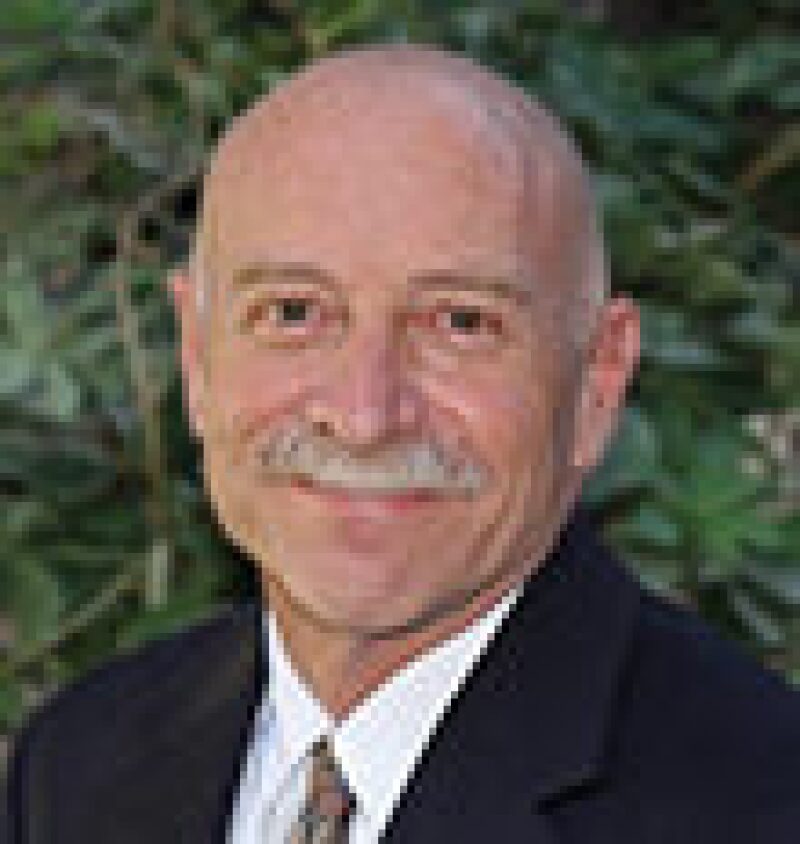While it is easy to see the local gas bubbles and shortages forming, we always seem surprised when it actually happens. The summer of 2019 has been rife with media reports about negative gas pricing in the Permian and, given the propensity of our industry to pick a favorite horse and then all pile on it at the same time, it is not surprising when we create our own boom and bust cycles. Is it the nature of capitalism or crowd psychology or just human nature that we repeatedly drill ourselves into negative cashflow territory and then wonder how we got there? Meanwhile, politicians and environmental activists in the northeast US have stalled pipeline permits, which has led to blackouts and construction cancellations. Gas meant for those markets has to find another home.
Surpluses create dynamics like a river overflowing its banks during a flood; old channels are scoured clean and new outlets are created. There is disruption and unwelcome change but also new opportunities. Soon, nearly a billion cubic feet per day of gas will be flared in Texas alone, and innovators are looking for ways to recover value from that excess associated gas.
Several operators are expanding gas enhanced-oil-recovery projects in the Eagle Ford, while others are testing the same process with less success in the Bakken. Small-scale gas-to-liquid plants can turn a few million cubic feet per day into high-quality diesel for local consumption. That shipping container full of power-hungry computer processors on a remote oil lease is turning associated gas into Bitcoin. The Jones Act was enacted nearly a century ago to protect US shipbuilders, but now it keeps water-borne liquefied natural gas (LNG) originating in Texas from being sold to any other US customer, prompting New Englanders to import Russian LNG instead. On a more common-sense note, LNG transport by rail is a simple way to deliver gas to LNG-powered ships and those affected by pipeline constraints.
One resource is always consumed to create another, but can we manage the pace of development to avoid overshooting demand or store secondary products for a rainy day? Can we do better next time and not be a victim of our own success? Those who find ways to create value from what others consider a waste product will be respected by both entrepreneurs and environmentalists alike.
This Month's Technical Papers
Intermittent Gas Lift Used in Hydrate Mitigation and Flare Reduction in Algeria
Feasibility of Using Small-Scale GTL Plants To Mitigate Flaring in North Dakota Evaluated
Huff ‘n’ Puff EOR Proves Effective in Gas-Condensate Reservoirs
Recommended Additional Reading
SPE 192114 Increasing Coal Seam Gas Field Productivity With Horizontal Well Technology: A Case Study by Xuejun Lin, Sinopec, et al.
SPE 192853 Boosting Condensate Recoveries of a Mature Retrograde Gas-Condensate Field in Pakistan by Sheraz Ahmed, Pakistan Petroleum, et al.
URTeC 83 Intrawell Interference in Tight Oil Reservoirs: What Do We Need To Consider? Case Study From the Meramec by Mouin Almasoodi, Devon Energy, et al.
URTeC 264 A New Method for Production Forecasting: Predictive Analytics vs. Conventional Methods in the Montney by Melanie R. Popp, Geologic Systems, et al.
URTeC 402 Experimental and Numerical Investigation of Diffusion-Based Huff ‘n’ Puff Gas Injection Into Lower Eagle Ford Shale Samples by Qinwen Fu, University of Kansas, et al.

| Scott J. Wilson, SPE, is a senior vice president for Ryder Scott in Denver. He specializes in well-performance prediction and optimization, reserves appraisals, simulation studies, custom software development, and training. Wilson has worked in all major producing regions in his 30-year career as an engineer and consultant with Arco and Ryder Scott. He served as cochairperson of the Reserves and Economics Technology Interest Group and chairperson of the Denver Section of the Society of Petroleum Evaluation Engineers and currently serves on the JPT Editorial Committee. Wilson holds a BS degree in petroleum engineering from the Colorado School of Mines and an MBA degree from the University of Colorado. He holds four patents and is a registered professional engineer in Alaska, Colorado, Texas, and Wyoming. Wilson can be reached at scott.wilson@ryderscott.com. |


